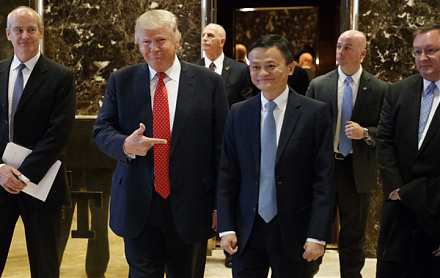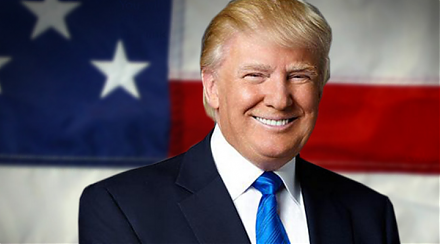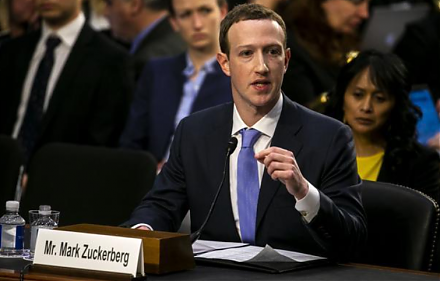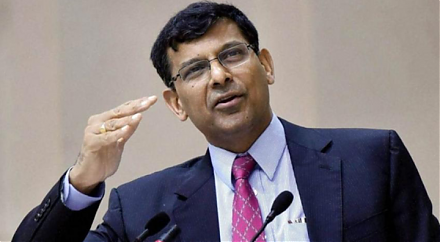

2020-01-15 08:31:00 Wed ET
technology antitrust competition bilateral trade free trade fair trade trade agreement trade surplus trade deficit multilateralism neoliberalism world trade organization regulation public utility current account compliance
Anti-competitive corporate practices may stifle U.S. innovation. In recent decades, wage growth, economic output, and productivity tend to stagnate as U.S. income and wealth inequality rises due to the pervasive increase in the market share and profitability of the most dominant tech titans. This dominance prevails across many bellwether industries such as telecommunication (e.g. AT&T, Sprint, T-Mobile, and Verizon), e-commerce (Amazon, Alibaba, and eBay), social media (Facebook and Twitter etc), digital music and video (Apple, Disney, HBO, Netflix, Spotify, and YouTube), mobile technology (Apple, Samsung, and HuaWei etc), cloud software (Google and Microsoft), finance (Bank of America, Citigroup, Goldman Sachs, JPMorgan Chase, Morgan Stanley, and Wells Fargo), and air transport (Delta and Southwest etc).
From 1987 to 2016, the total share of U.S. employment by big firms with more than 5,000 employees surges from 28% to 34%, and the average share of revenue by the top 4 tech titans in each of the 900 economic sectors grows from 26% to 32%. These economic trends show that tech titans garner much market power with anti-competitive corporate practices. Antitrust regulators now probe into the borderline practices that may inadvertently stifle American innovation by smaller startups and other lean enterprises.
If any of our AYA Analytica financial health memos (FHM), blog posts, ebooks, newsletters, and notifications etc, or any other form of online content curation, involves potential copyright concerns, please feel free to contact us at service@ayafintech.network so that we can remove relevant content in response to any such request within a reasonable time frame.
2018-07-07 10:33:00 Saturday ET

The east-west tech rivalry intensifies between BATs (Baidu, Alibaba, and Tencent) and FAANGs (Facebook, Apple, Amazon, Netflix, and Google). These Sino-U.S.
2023-06-14 10:26:00 Wednesday ET

Daron Acemoglu and James Robinson show that good inclusive institutions contribute to better long-run economic growth. Daron Acemoglu and James Robinson
2018-08-29 10:37:00 Wednesday ET

In an exclusive interview with Bloomberg, President Trump criticizes the World Trade Organization (WTO), proposes indexing capital gains taxes to inflation
2018-04-07 09:36:00 Saturday ET

Facebook CEO Mark Zuckerberg testifies in Congress to rise up to the challenge of public outrage in response to the Cambridge Analytica data debacle and use
2019-11-17 14:43:00 Sunday ET

New computer algorithms and passive mutual fund managers run the stock market. Morningstar suggests that the total dollar amount of passive equity assets re
2019-02-25 12:41:00 Monday ET

Chicago financial economist Raghuram Rajan views communities as the third pillar of liberal democracy in addition to open markets and states. Rajan suggests